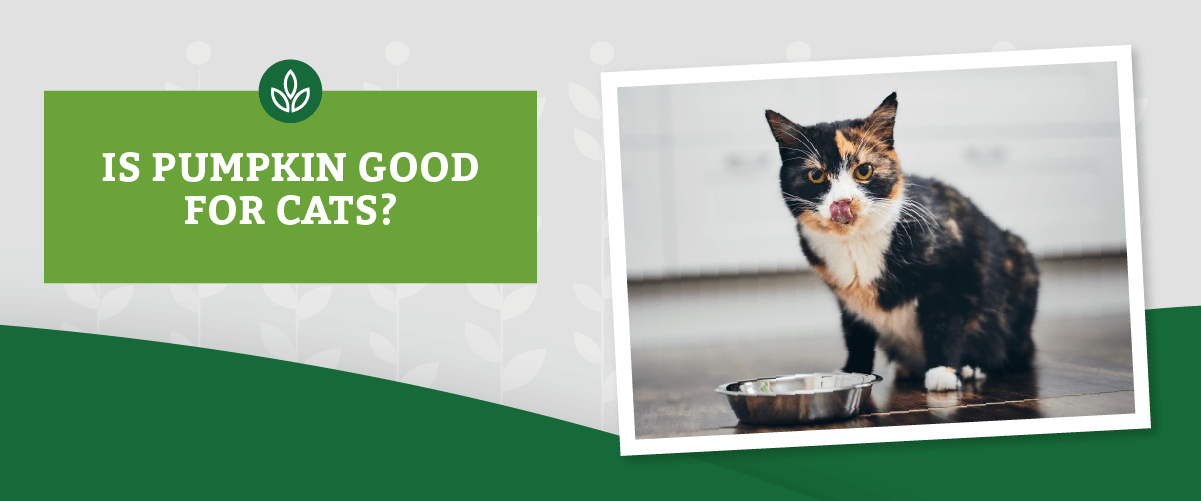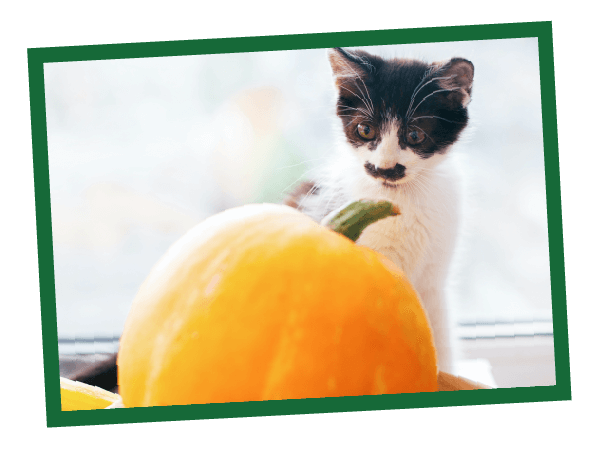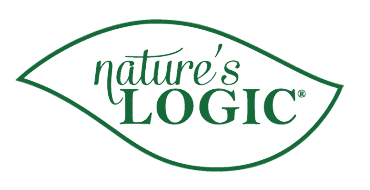Can Cats Eat Pumpkin?
As a cat parent, it can be easy to assume that the foods we consider healthy for ourselves, are also good for our pets. However, it’s important to check that what you feed your cat won’t upset their stomach and doesn’t have potentially harmful side effects.
A common food that pet parents might consider adding to their cat’s diet is pumpkin. While full of health benefits for humans, many wonder if it’s safe for our feline friends. Below, we answer the question, ‘is pumpkin good for cats?’ (spoiler alert, it is!) as well as offer tips for incorporating pumpkin into your cat’s diet.
Benefits of Pumpkin For Cats
There are a number of benefits that pumpkin offers cats, ranging from promoting digestive health to helping keep cats hydrated and offering an added boost to their immune system.
Can Help Improve Hydration
An important benefit for cats, pumpkins contain water, which helps make it a hydrating food. Canned pumpkin is a great option for easing constipation in cats because it adds more water to their system.
A Natural Source of Fiber
Pumpkins are rich in fiber—in fact, one cup of cooked, fresh pumpkin has three grams of fiber, while one cup of canned pumpkin can have more than seven grams.
For cats, fiber is essential to help food move through the digestive system, allowing them to absorb nutrients, and comfortably pass waste. In short, it means they can go to the bathroom regularly and without straining, which helps encourage good litter box habits.
Improves Digestive Health
Pumpkin is also rich in prebiotics, which help support the growth of healthy bacteria in the gut. This can promote your cat’s ability to absorb nutrients.
Contains Antioxidants
Pumpkins contain antioxidants that provide a multitude of benefits for your cat. The beta-carotene and Vitamin C found in this superfood supports immune system function within your furry friend. This fruit is also rich in vitamin E, which can promote healthy skin and coat.
What Type of Pumpkin Products Are Best For Cats?
Pumpkin can come in many forms, and some types have added sugars and preservatives that aren’t healthy for your cat. You’ll want to look for a canned option that only includes pumpkin and does not include added salt, sugar or other spices. Be sure to carefully vet the canned option you buy and never feed canned pumpkin pie filling to your cat.
If you’re looking for a great canned option, this Nature’s Logic 100% pumpkin purée.
How to Start Incorporating Pumpkin into Your Cat’s Diet?
Before you start treating your feline friend to pumpkin, chat with your veterinarian. Once you get their approval to move forward, introduce pumpkin into your cat’s diet slowly and gradually. Feeding your cat too much pumpkin could cause or encourage looser stools. Instead, try giving your cat small amounts of pumpkin puree over the course of a week—if they have no adverse reactions and show no changes in behavior or energy, you can continue to include pumpkin as part of their diet.
Pumpkin can be used as a topper or supplement to your cat’s dry or wet food routine, but it should not take the place of a full and balanced meal. If you’re unsure about feeding your cat pumpkin or have any questions about transitioning your cat to pumpkin, contact your veterinarian.
Before you start treating your feline friend to pumpkin, chat with your veterinarian. Once you get their approval to move forward, introduce pumpkin into your cat’s diet slowly and gradually. Feeding your cat too much pumpkin could cause or encourage looser stools. Instead, try giving your cat small amounts of pumpkin puree over the course of a week—if they have no adverse reactions and show no changes in behavior or energy, you can continue to include pumpkin as part of their diet.
Pumpkin can be used as a topper or supplement to your cat’s dry or wet food routine, but it should not take the place of a full and balanced meal. If you’re unsure about feeding your cat pumpkin or have any questions about transitioning your cat to pumpkin, contact your veterinarian.
If you’re interested in including pumpkin in your pet’s diet, send us a message. We’d love to help!





